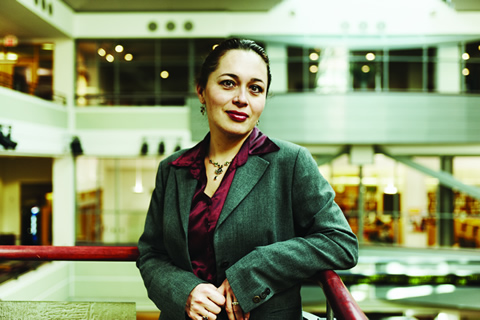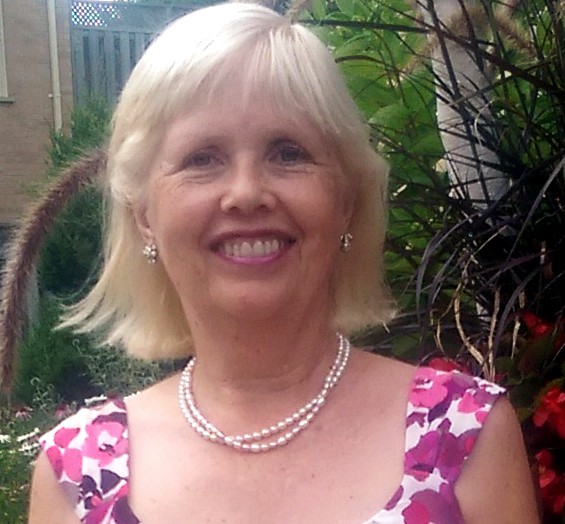In July 2005, Norma Mendez’s career screeched to a stop. In San Luis Potosí, Mexico, she had headed human resources for the Latin American operations of a multinational corporation. She flew from city to city, recruiting, training, chairing meetings, and enjoying her life as a coveted executive. Then Mendez moved to Toronto, where the employment guru had to pound the pavement for eight months before finding someone who recognized her skill set and offered her a job. “I really struggled,” says Mendez. “Everyone asked for Canadian work experience and, of course, I didn’t have any. I could have been the president of my old country, and they still wouldn’t have hired me.”
Re-establishing a career in a new culture poses myriad challenges – and U of T offers everything from English lessons, to academic courses, mentoring and employment counselling to enable international talent to contribute their diverse skills to the workforce.
Eventually, Scotiabank hired Mendez, and then in 2008 St. Michael’s Hospital snatched her up as a senior consultant in leadership and staff development. Recognizing Mendez’s potential, St. Mike’s sent her to a pilot program offered by the Rotman School of Management that had been designed to help participants develop the soft skills, such as interpersonal communication, needed to succeed in a job in Canada. At the Business Edge for Internationally Trained Women Professionals, Mendez’s classmates included a foreign trained lawyer, teachers and several managers. The program – which will be offered again this spring – did a great job addressing communication, negotiation and presentation skills, career management, and many aspects of Canadian business culture, says Mendez.
The Rotman instructors not only recognized the workplace issues Mendez was grappling with, they offered her strategies to handle them. One of the big adjustments for Mendez is working in an environment that’s more hierarchical than what she’s used to. “It’s more flat in Mexico,” she says. “Everyone spoke with and helped everyone, and you didn’t really have to network. Through the Rotman program, I learned that here, I need to make networking a number one priority.”
Mendez’s experience was somewhat unusual in her class. Some of her classmates who had emigrated from China and India, for example, were finding the Canadian work terrain much less hierarchical. Tiška Wiedermann, a coach for international professionals who works with Business Edge, “In hierarchical workplaces, the assumption is that the people on top will pull you up. Here we believe, ‘My career is of my own making. To progress, it’s up to me.’”
U of T assists a variety of internationally trained professionals to practise in their adopted home. Since 2001, the International Pharmacy Graduate Program has helped about 600 pharmacists gain Canadian accreditation. U of T’s School of Continuing Studies offers Pathways to Employment in Canadian Project Management. And the Faculty of Law will soon help up to 95 immigrant lawyers a year navigate the accreditation process and secure articling positions. The Internationally Trained Lawyer Program starts in May.
Recent Posts
U of T’s Feminist Sports Club Is Here to Bend the Rules
The group invites non-athletes to try their hand at games like dodgeball and basketball in a fun – and distinctly supportive – atmosphere
From Mental Health Studies to Michelin Guide
U of T Scarborough alum Ambica Jain’s unexpected path to restaurant success
A Blueprint for Global Prosperity
Researchers across U of T are banding together to help the United Nations meet its 17 sustainable development goals







One Response to “ Boosting Your Cultural IQ ”
Congratulations Norma!!